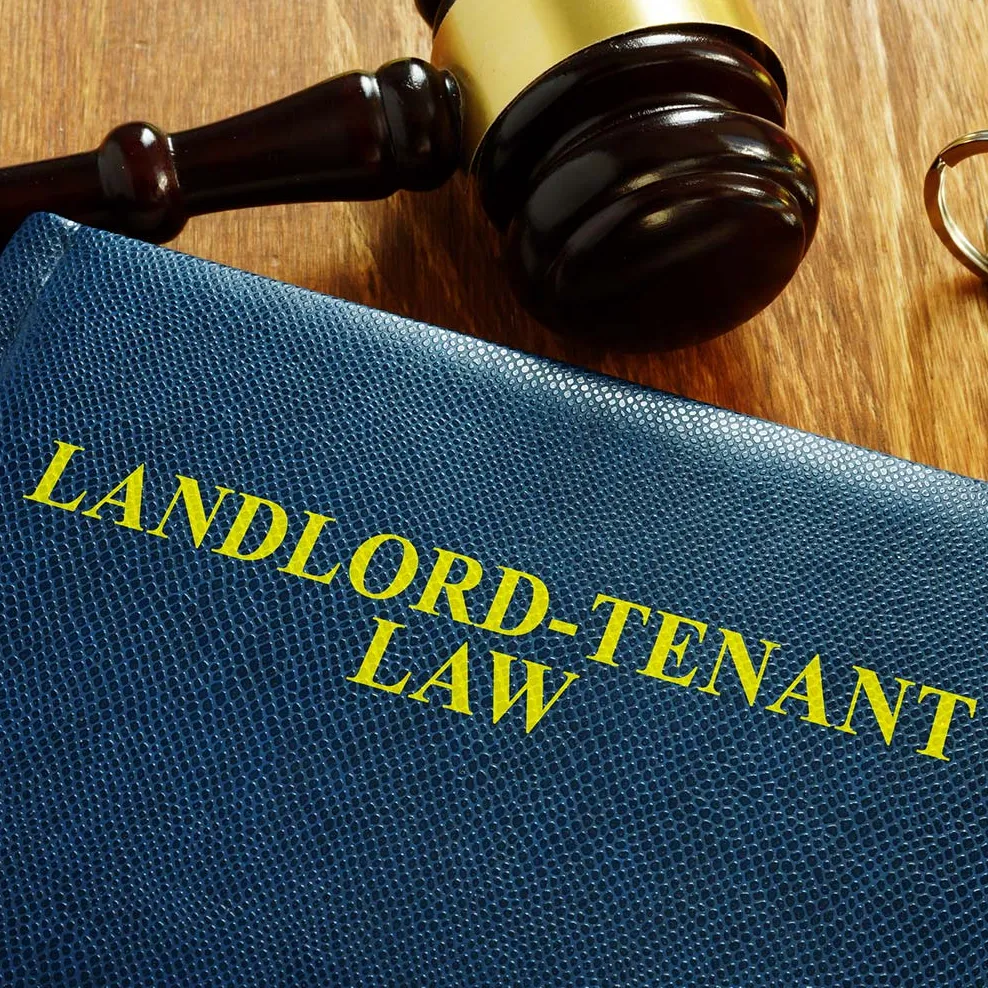The ongoing efforts to support small “mom and pop” landlords include helping get the word out about this important case. While SOLO is not a plaintiff, it continues to assist Elsie Kalu and Marshall Law Group in getting the word out. SOLO Board Members met with Marshall Law Group for an update on how the case is proceeding. They’re in the early stages, but the process is moving along within the justice system.
You may remember Elsie as an Ottawa landlord who received a great deal of media attention from CBC and other outlets about her struggles because her tenant refuses to leave.
As Matt Marshall says, “We are in the process of preparing our motion for certification. This is basically the process where [the court] figures out if this is a legitimate case.”
Marshall Law Group is also waiting on a response from the Ontario Government about how they’ll proceed. This should happen “shortly”. Marshall Law Group expects to file their motion by the end of January 2023.
A judge certifying a class-action lawsuit will be a major step in the progress of lawsuits of this nature. Once certified, the process will proceed. There will be motion in front of a judge to ask for certification and the other side – the government – will also make its counter argument why the claim should not be certified. A judge will listen to both parties and will make a ruling: either allowing a class action suit or denying it. That ruling can be appealed by either party all the way to the Supreme Court.
Marshall Law Group and SOLO continue to see an incredible amount of interest in this case. Several call from landlords are fielding their office on a daily basis. They expect this interest to grow. As it goes, potential plaintiff should consult with their legal professionals and this website to keep everyone updated. As in any judicial proceeding, there is no way of predicting the outcome of the case without hearing all the arguments and the case law. How far the government will “fight back”? That will depend on the political calculation and the public pressure from the landlords community said the experts.
For landlords interested in being a part of this class action, there is nothing for them to do. Ontario’s class-action process is an opt-out jurisdiction process, since all members who qualify in a very defined group will be part of the suit if certified. Once called on, those members who qualify as part of the class can register using a specific process. Marshall Laws clarify that at this time the law firm only has one plaintiff as a client – Elsie – if / when her claim is certified then the court will include a defined class of potential plaintiff that may join – provided they did not opt out. Until that happens there is nothing potential plaintiff can do at this time.
One might wonder why a member of the class might opt out. Matt Marshall explains, “If you wanted to bring your own action – if you thought for some reason, the class action was insufficient – if you did not opt-out, you would be able to go and bring your own action.”
As for costs, the law firm is bearing all the billable hours on a contingency basis, for now – which are the chunk of legal expenses – but the disbursements will have to be paid. Those include filing fees, booking for witness examination under oath, transcribing costs from court reporters etc…
Please keep an eye out for updates on this website on SOLO social media channels to proceed to the next step. The most important thing landlords can do is spread the word, so when the time comes, all qualifying landlords can be a part of the process. If you would like to read the court filing, please click here.
